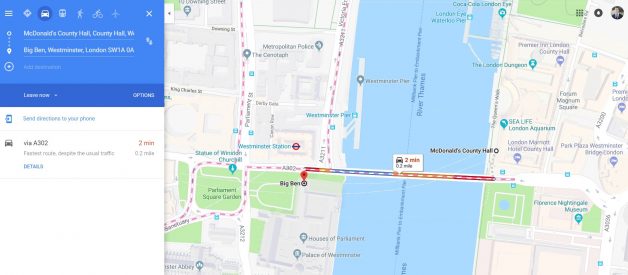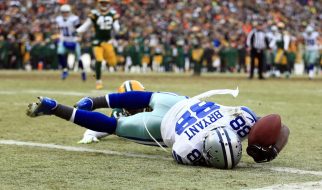If you ask nine out of ten people how McDonald?s makes a profit they might mention something about Burgers and fries or Mcflurries. They would not, however, start talking about McDonald?s Franchise Realty Corporation or their multibillion-dollar property empire.
Of course, McDonald?s sells a lot of Mcflurries, not to mention burgers and fries. However, many are unaware of the far-reaching extent of the McDonald?s property empire.

McDonald?s started very small- as companies tend to do. The brothers McDonald opened their first restaurant- a hot dog stand- in 1937. They experienced some success in Pasadena, CA and chugged along until 1953, when they developed a revolutionary system for speeding up the burger making process. This breakthrough took techniques from factory assembly lines and put them into practice in the restaurant biz- a massive paradigm shift.
Over time McDonald?s has grown to become a true global behemoth and has a higher name recognition than Jesus Christ or Santa Claus in many places across the globe. What is less known is their reliance on real estate to expand the McDonald?s global economic footprint.
Think about all of the ?big name? attractions in cities around the globe. More often than not, they will have have a McDonald?s somewhere in the vicinity.
London?s Big Ben?
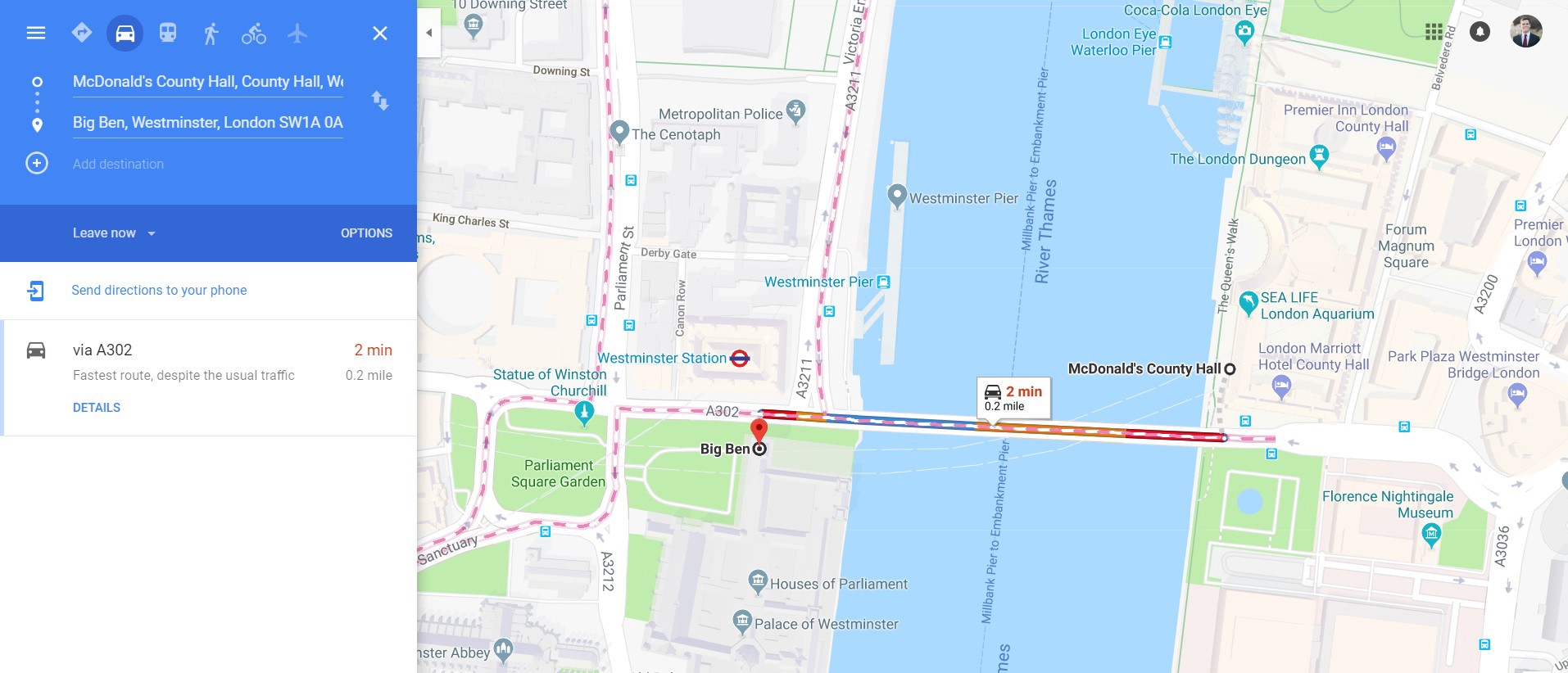
Times Square in Manhattan?
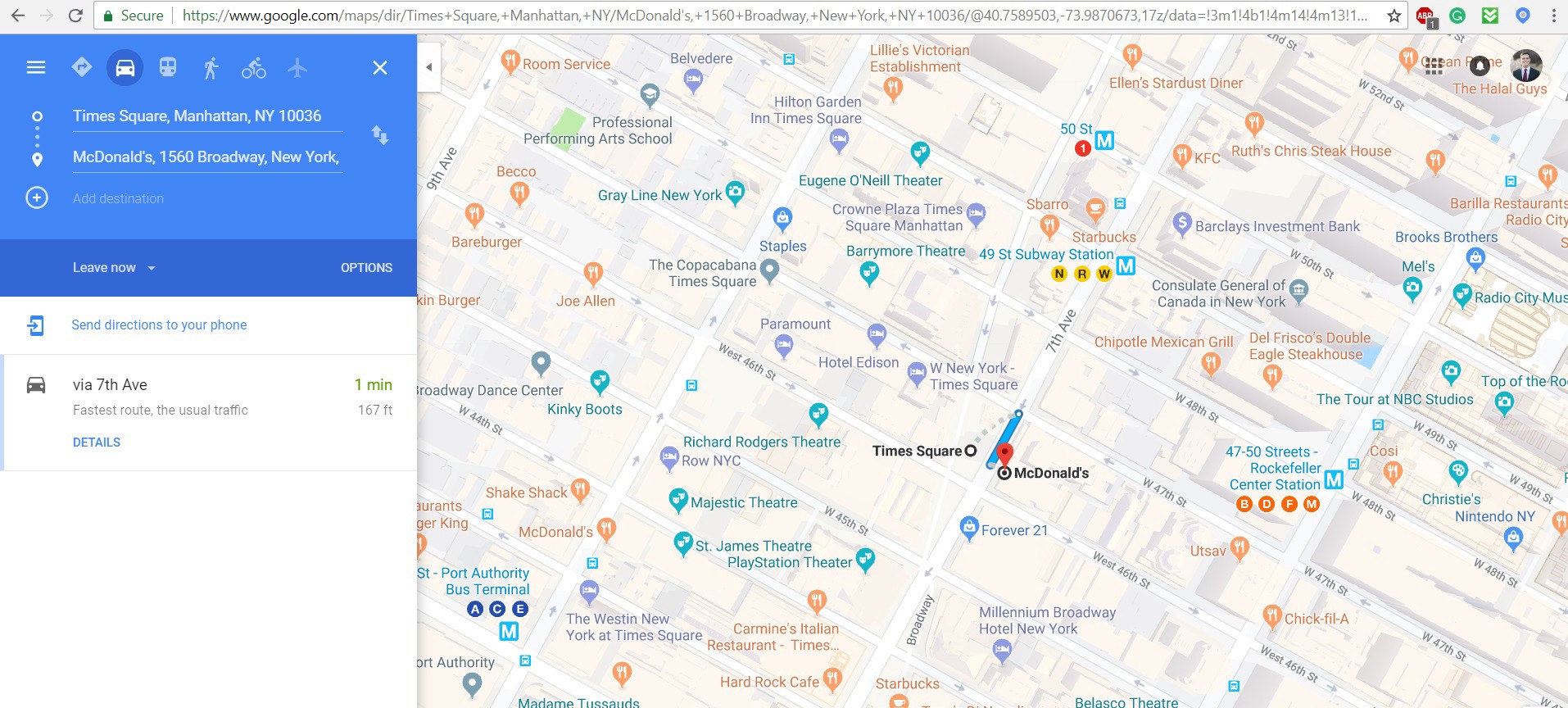
Forget Times Square, How about a 3-minute walk to Moscow?s Red Square?
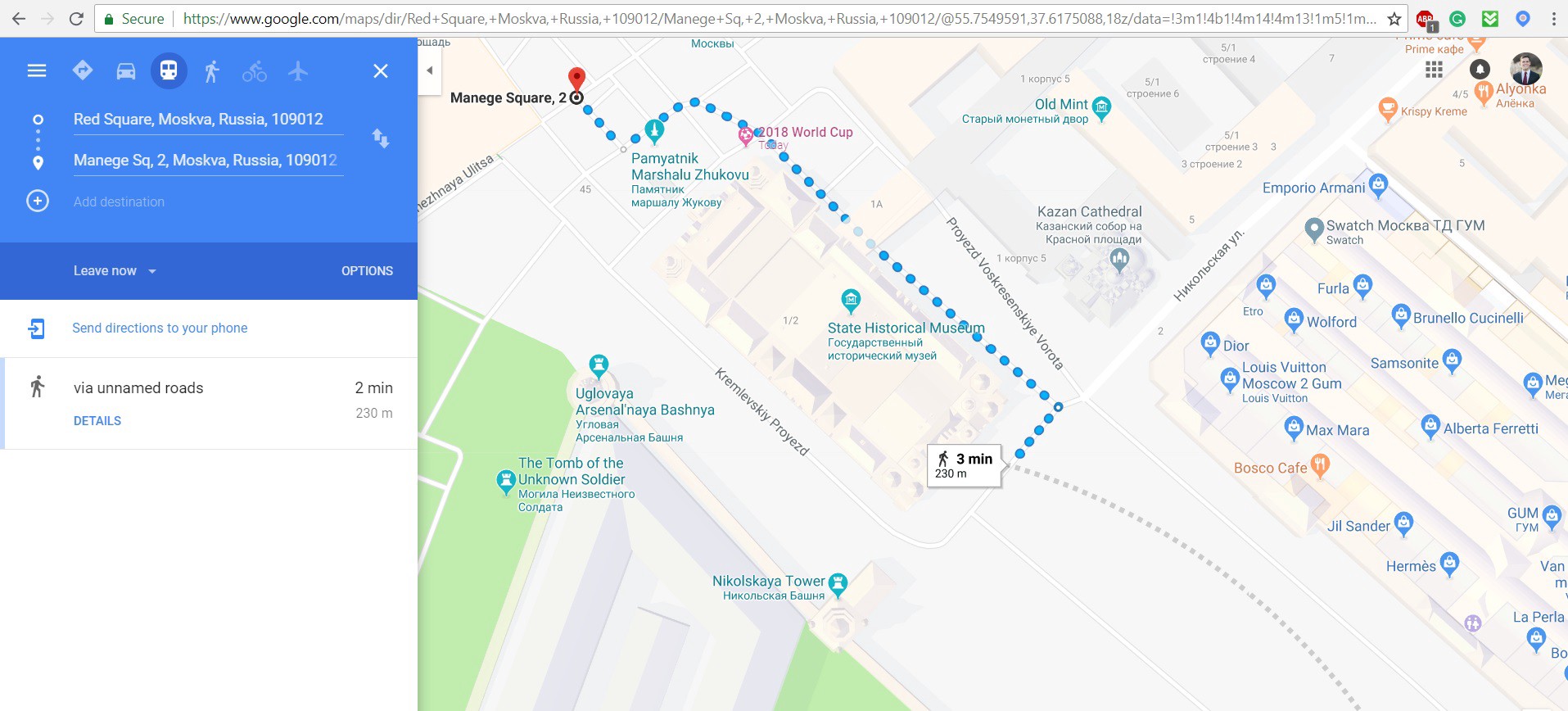
According to financial disclosures from 2017, franchisees operate roughly 85 percent of McDonald?s restaurants. The franchisees operate their restaurants under the franchise agreement set forth by McDonald?s corporate. While McDonald?s revenue streams include profits from the ingredients purchased through McDonald?s corporate, they also generate substantial revenues through their lease-back program.
Many other fast food corporate franchises make their money exclusively by selling their name and the ingredients required to sell food. This includes access to proprietary formulas such as KFC?s secret spices or Wendy?s Frostie recipe. The franchisees also benefit from collective marketing and other support from corporate.

McDonald?s decided to monetize their franchisees slightly differently. Rather than merely relying on food sales they diversified their revenue stream and became the primary landlord to many of their restaurants across the globe. The company outright owns some of the most iconic McDonald?s locations. McDonald?s has benefited dramatically from the year on year real estate gains in the US and globally.
Essentially, their franchisees are paying them to lease lucrative properties which McDonald?s corporate owns at the end of the day. While not all McDonald?s restaurants are corporate-owned (about 15% of 36,000 restaurants), the rest of the locations are privately owned by franchisees. McDonald?s corporate is shielded from swings in the fast-food market by the lease payments made by franchisees. This arrangement is brilliant in its simplicity and bodes well for McDonald?s long-term value.
If you liked this content and want to learn more about how real estate marketing and the wider business world are connected and how you can grow your RE-business , check out my marketing series on Amazon, Making Your Own Luck: Real Estate Marketing for the Modern Era. After all, I got you here?

Need help with real estate content? Reach out to Alex at Ruby Mountain Partners via Twitter, Linkedin, or Upwork for all of your real estate marketing needs.
